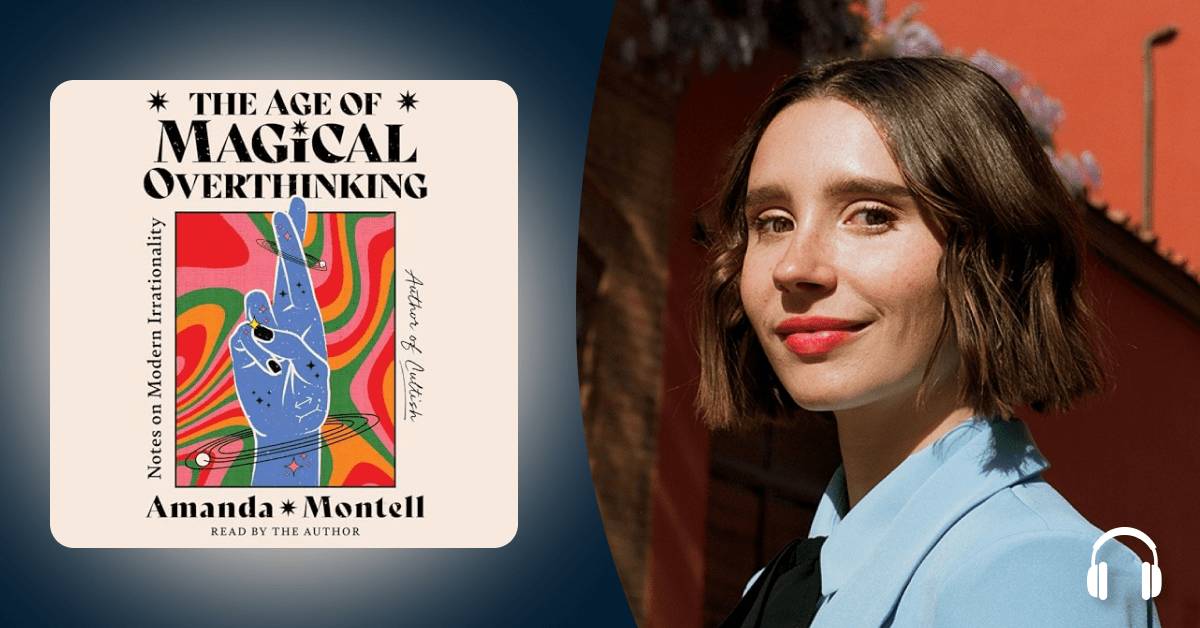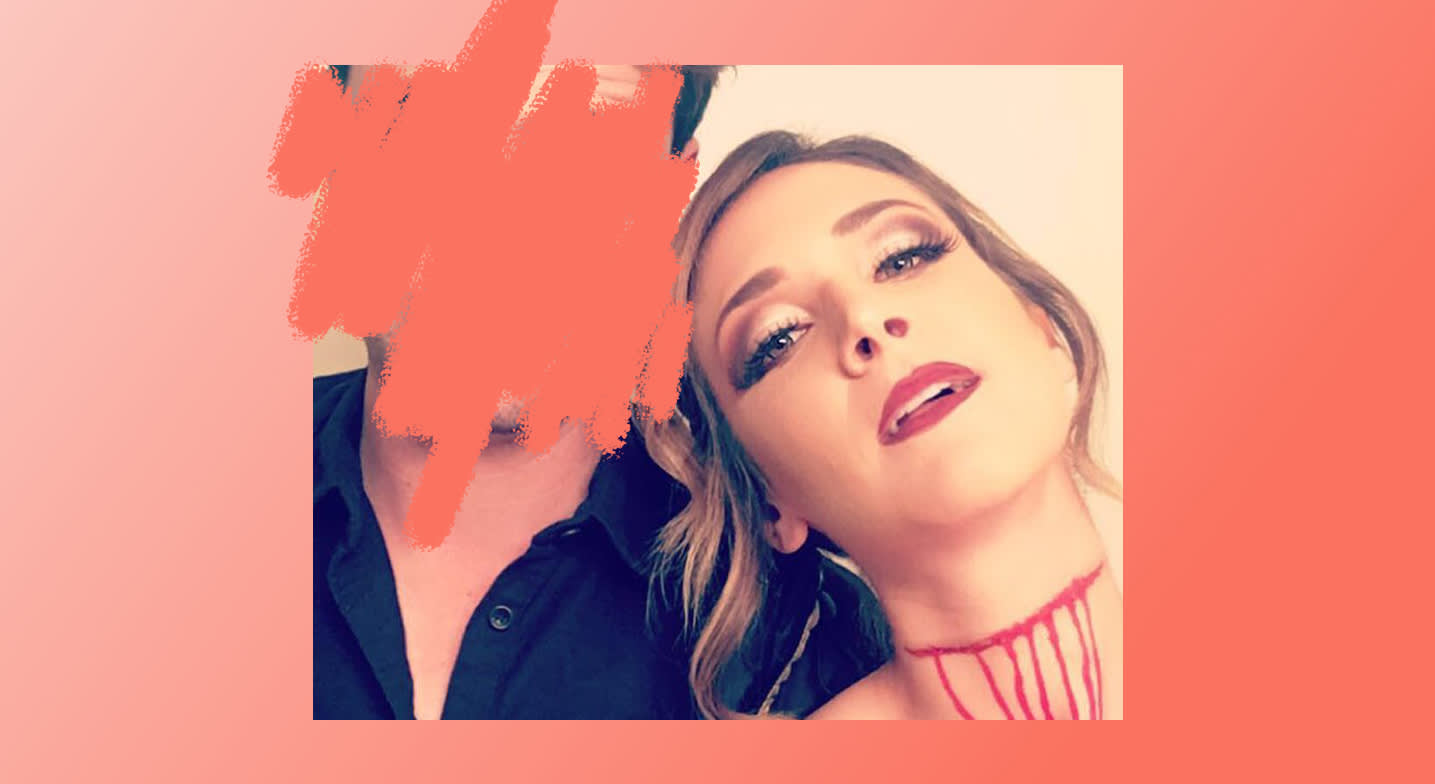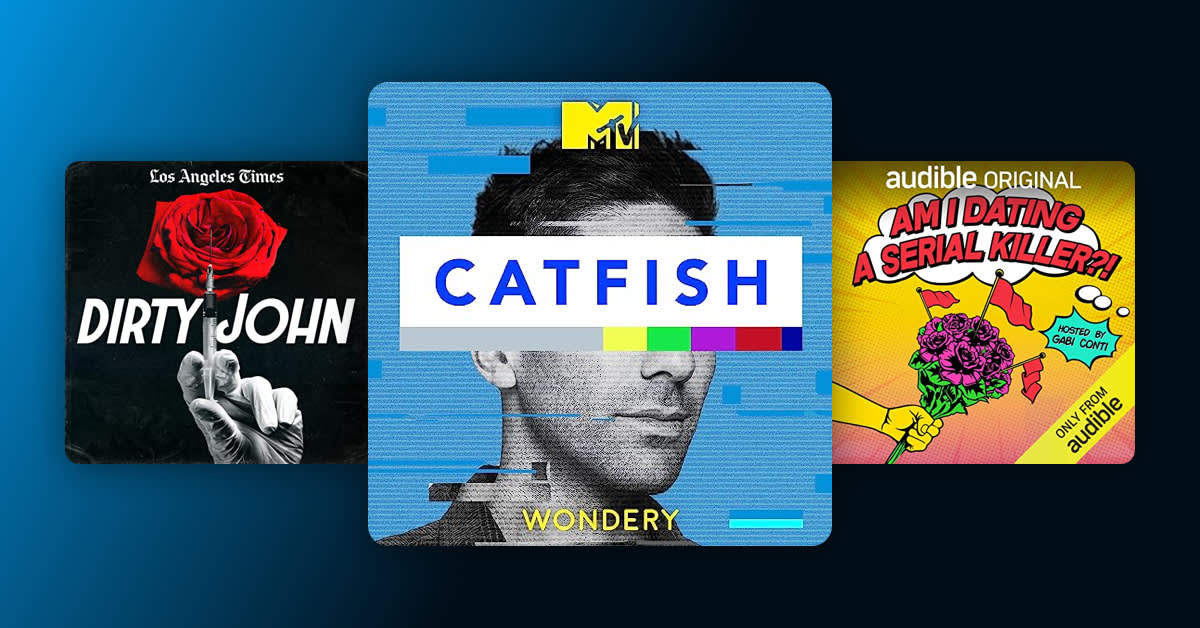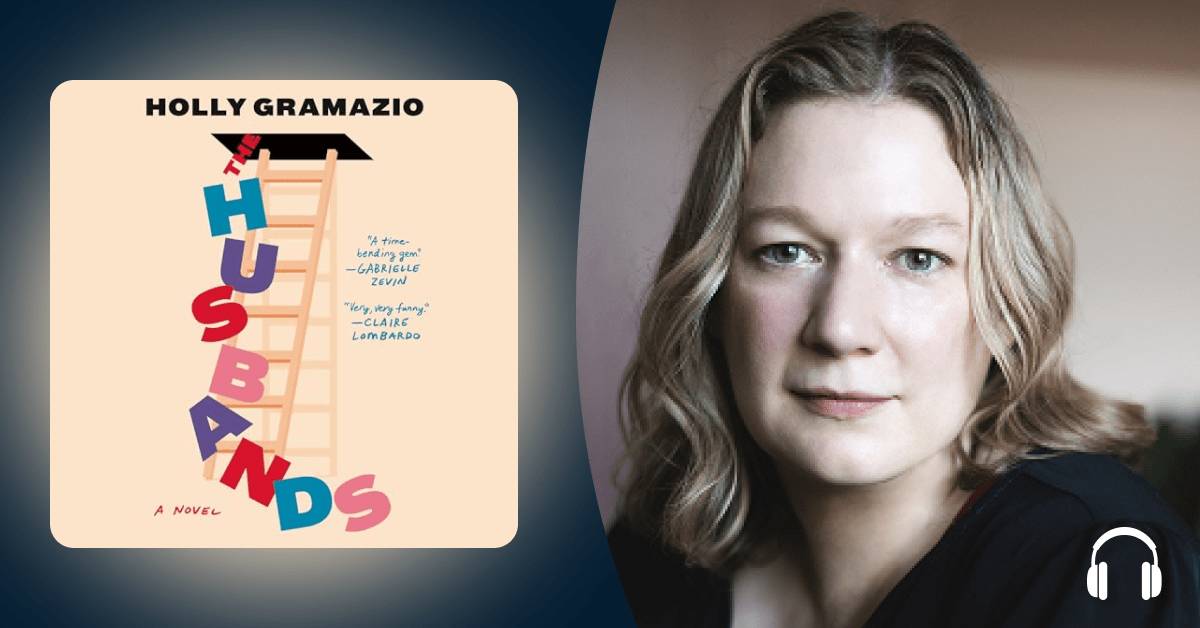Back in 2011, a young sociologist named Anna Akbari was browsing the dating site OkCupid when she met a charming New Yorker named Ethan Schuman. His user name, "beyondsleeping," belied both a tireless zest for life and a demanding job, and before she knew it they were having deliriously addictive conversations that showcased Ethan's magnetic wit while keeping Anna from sleeping too. But as she fell harder for the handsome stranger who was so engaging over email yet always seemed to have a plausible excuse for not meeting in person, her curiosity deepened—even as she worried she might be getting played.
More than a decade later, Akbari tells the shocking story of what she gradually uncovered about Ethan, as well as the other women who got caught in his irresistible web, in a twisty, disturbing, and ultimately empowering new memoir. , read by Akbari herself and narrator Justin Price as the voice of Ethan, is one of the wildest catfishing stories I have ever heard, so I had to know how it all came together. In this spoiler-free conversation, Akbari opens up about what "Ethan" never would, providing a sociological and contemporary lens on a chilling cautionary tale.
Kat Johnson: There Is No Ethan is a WILD ride, despite (or perhaps because of!) the fact that it's nonfiction. How do you explain the book to people without giving too much away?
Anna Akbari: This is a book about a con artist, but unlike other con artist stories we hear about, where money and sex are at the center of it, this con job is more elusive—though equally devastating. And of course, there’s a twist in the person’s identity, which makes the whole thing even harder to grapple with and make sense of.
Beyond the con, I hope it serves as an example of how easy it is for healthy, sane people to find themselves in a toxic relationship—and how hard it can be to extricate yourself from it.
It’s also a story about how technology changes the very definition of “who we are” and makes us question how we establish trust and form connections.
One of the things that makes There Is No Ethan so fascinating is your personal involvement in the story, weaving both your intense experiences with “Ethan” and the other women as well as your professional expertise into the narrative. How challenging was it to open up about yourself for the book, and how did you balance your personal feelings with reporting out a nonfiction story?
I was extremely nervous about sharing so many personal, intimate details for the book. I like to think of myself as a very private person who lives a public life, but usually I’m writing and speaking about theoretical topics and societal issues as a sociologist and expert—not using my own dating life as fodder for analysis. I anticipated that there could be some victim blaming, which is why I went to great lengths to lay out the nuances of how connections like these happen. It’s not just one sexy message exchange and boom! You’re all in. Rather, it’s a slow con. I think a lot of people will relate to how that unfolds. I was especially concerned with getting the storytelling right with regard to the other women. It was important to me that their stories felt accurate to them, so I was in close communication with them when writing it. I care about them and wanted listeners to understand how serious this was for them. Being an objective social scientist observing and analyzing your own life is never easy. I think that’s why the presence of these other victims made it a bit clearer. I could see what Ethan did to them up close in real time—the carnage he left. It was a rare vantage point for both a social scientist and someone who was also a victim of this abuse and deceit.





